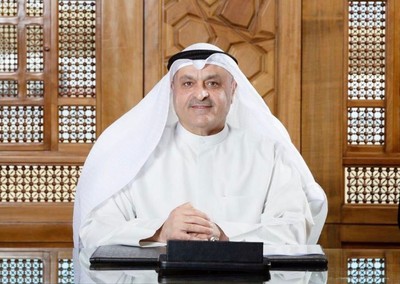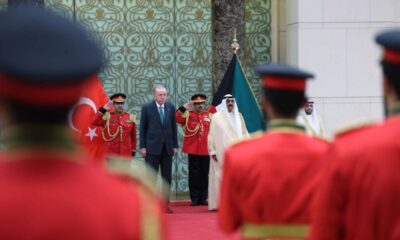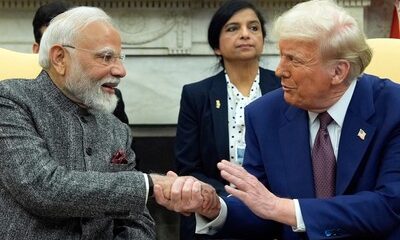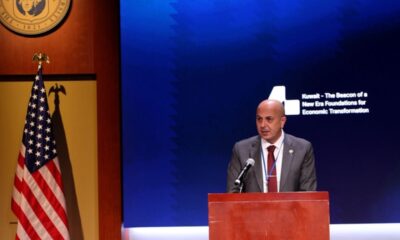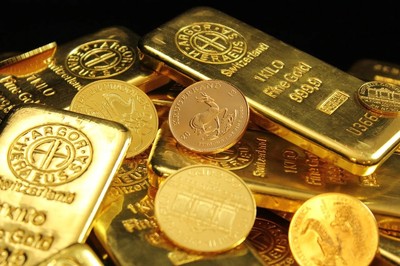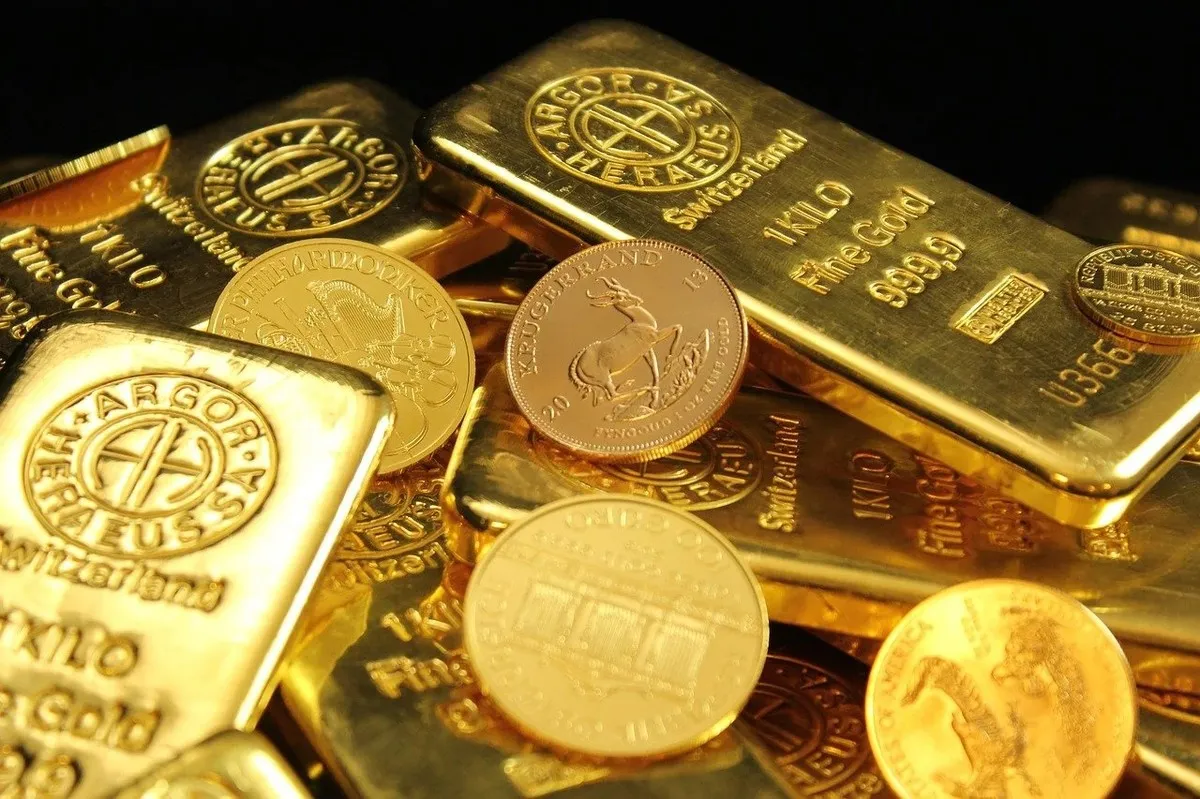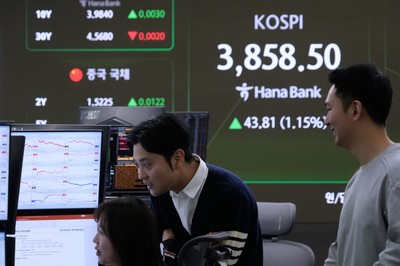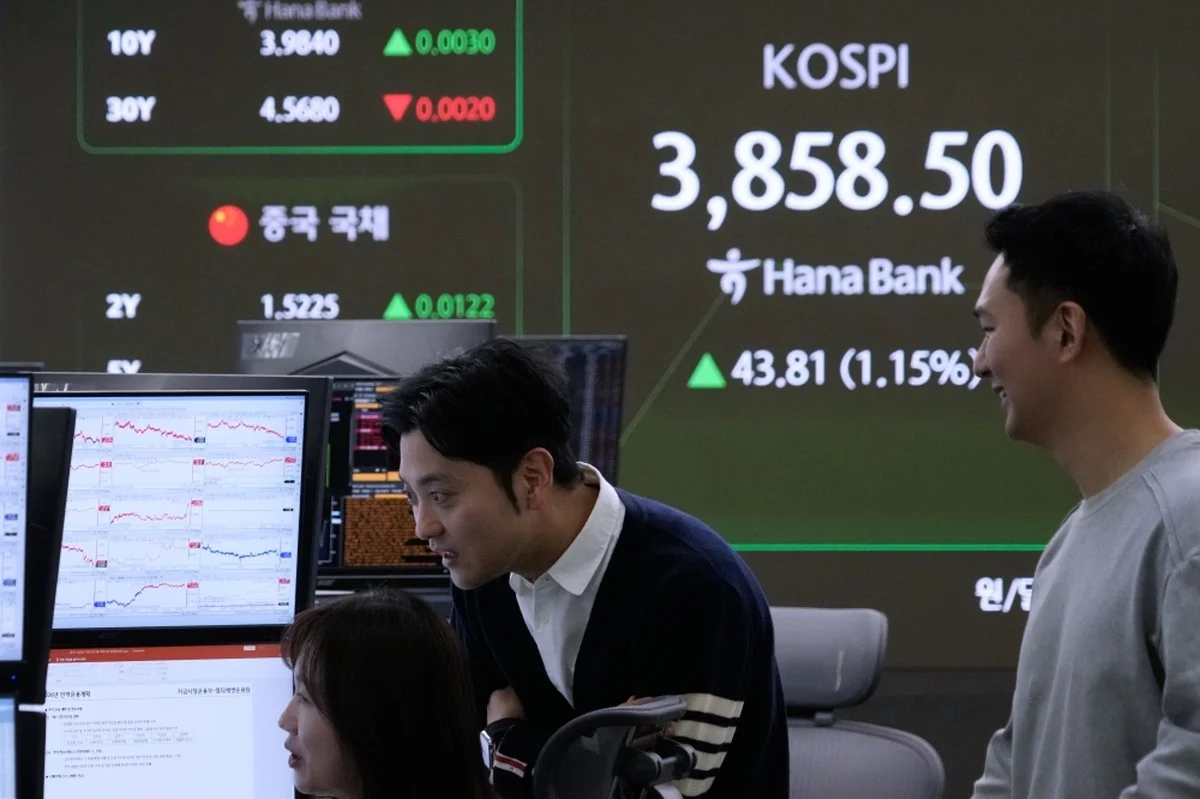NEW YORK, Oct 22: In a dramatic reversal of fortune, gold prices suffered their sharpest single-day drop in more than a decade on Tuesday, ending a frenzied rally that had sent the precious metal to record highs.
After touching an all-time peak of $4,381.21 per troy ounce on Monday, spot gold plunged as much as 6.3% to $4,082.03 on Tuesday. U.S. gold futures followed suit, settling 5.7% lower at $4,087.70—marking the steepest percentage decline since April 2013.
The sell-off comes after weeks of feverish buying that had driven gold up by more than 50% in 2025, a surge that outpaced gains during previous crises, including the September 11 attacks, the 2008 financial collapse, and the Covid-19 pandemic.
Analysts attributed the sudden downturn to investors cashing in profits from an overheated market, with several factors converging to cool gold’s momentum. These include optimism over easing U.S.-China trade tensions, a resurgent U.S. dollar, and the conclusion of Diwali, India’s major gold-buying festival.
By early Wednesday, gold prices had edged slightly higher, with spot gold trading at $4,141.48 per troy ounce as of 1:46 a.m. ET—up less than 0.4%, indicating a tentative recovery.
Gold, long regarded as a safe-haven asset in times of uncertainty, had seen a 25% spike in just the past two months, fueled by growing concerns over rising U.S. government debt, political instability, and expectations of further interest rate cuts by the Federal Reserve.
However, the recent shift in sentiment appears linked to improving diplomatic signals between Washington and Beijing. U.S. and Chinese officials are expected to hold another round of trade talks later this week, in advance of a planned meeting between Chinese President Xi Jinping and U.S. President Donald Trump next week.
“I expect we’ll probably work out a very fair deal with President Xi of China,” Trump said on Monday. “I think we’re going to work out something good.”
Other precious metals also felt the sting of Tuesday’s market rout, with silver tumbling 7% and platinum falling 5%, underscoring the breadth of the commodities pullback.
The end of India’s Diwali festival—when gold purchases typically surge—also contributed to the reduced physical demand, compounding the metal’s decline.
While Wednesday’s modest uptick suggests the market may be stabilizing, analysts caution that further volatility is likely as geopolitical developments and central bank policies continue to shift investor sentiment.
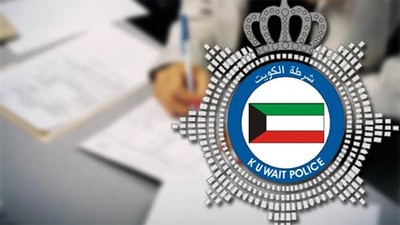
 Politics16 hours ago
Politics16 hours ago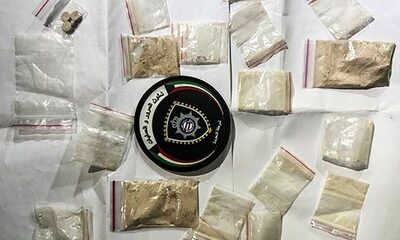
 Politics14 hours ago
Politics14 hours ago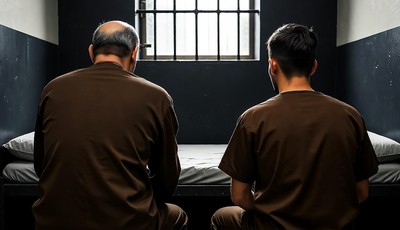
 Politics20 hours ago
Politics20 hours ago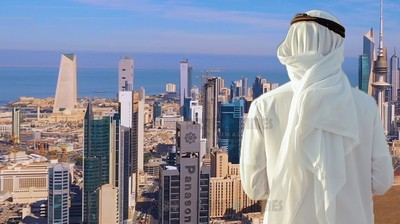
 Business19 hours ago
Business19 hours ago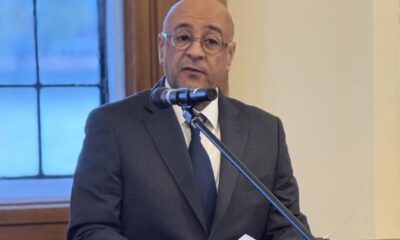
 Latest News19 hours ago
Latest News19 hours ago
 Politics15 hours ago
Politics15 hours ago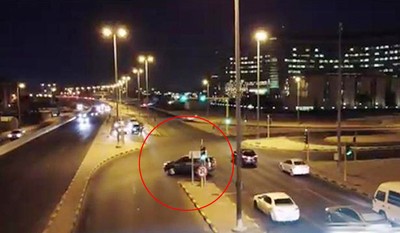
 Politics17 hours ago
Politics17 hours ago
 Politics19 hours ago
Politics19 hours ago
